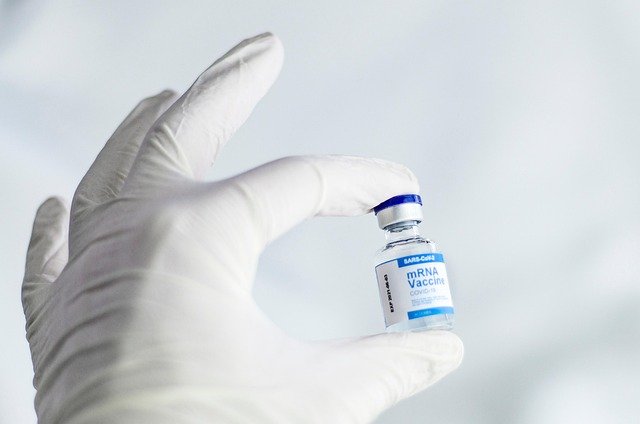Stomach Cancer: Warning Signs and Taking Control of Your Health
Understanding the warning signs of stomach cancer can empower you to make informed decisions about your health. Early detection is crucial—learn what symptoms to watch for and how to take proactive steps to protect yourself.Stomach cancer, also known as gastric cancer, occurs when cells in the stomach grow uncontrollably. While it’s not as common as other cancers, it remains a significant health concern globally.

What Is Stomach Cancer?
Stomach cancer occurs when malignant cells form in the inner lining of the stomach. The disease typically develops slowly over many years, starting with pre-cancerous changes in the stomach’s mucosa. These changes often occur without causing noticeable symptoms, which can make early detection challenging. Different types of stomach cancer exist, with adenocarcinoma being the most common form, accounting for approximately 90-95% of all cases.
Recognizing Early Warning Signs
Early symptoms of stomach cancer can be subtle and easily mistaken for other conditions. Common warning signs include:
-
Persistent indigestion or heartburn
-
Loss of appetite
-
Unexplained weight loss
-
Feeling full after eating small amounts
-
Abdominal pain or discomfort
-
Nausea and vomiting
-
Difficulty swallowing
-
Blood in stool or vomit
When to See a Doctor
Medical attention should be sought if any stomach cancer symptoms persist for more than two weeks. While these symptoms don’t necessarily indicate cancer, prompt evaluation is essential for proper diagnosis. Healthcare providers may perform various tests, including:
-
Physical examination
-
Upper endoscopy
-
Imaging tests (CT scans, PET scans)
-
Blood tests
-
Biopsy of suspicious areas
Risk Factors and Prevention
Several factors can increase the risk of developing stomach cancer:
-
Age (more common in people over 55)
-
Family history of stomach cancer
-
Long-term H. pylori infection
-
Diet high in salty or processed foods
-
Smoking and alcohol consumption
-
Previous stomach surgery
Prevention strategies include maintaining a healthy diet rich in fruits and vegetables, limiting processed foods, avoiding tobacco, and treating H. pylori infections when detected.
Treatment and Support
Treatment options for stomach cancer vary depending on the stage of cancer, overall health, and personal preferences. Common approaches include:
-
Surgery (partial or total gastrectomy)
-
Chemotherapy
-
Radiation therapy
-
Targeted therapy
-
Immunotherapy
The treatment journey often involves a multidisciplinary team of healthcare providers, including surgeons, oncologists, nutritionists, and support staff. Regular follow-up care is essential for monitoring recovery and managing potential side effects.
Treatment Costs and Healthcare Services
| Treatment Type | Estimated Cost Range | Insurance Coverage |
|---|---|---|
| Surgery | $30,000 - $80,000 | Often covered with pre-approval |
| Chemotherapy | $1,000 - $12,000 per cycle | Usually covered with copayments |
| Radiation | $10,000 - $50,000 total | Typically covered with deductible |
| Targeted Therapy | $5,000 - $10,000 monthly | Coverage varies by medication |
Prices, rates, or cost estimates mentioned in this article are based on the latest available information but may change over time. Independent research is advised before making financial decisions.
Managing stomach cancer requires a comprehensive approach that includes early detection, appropriate medical intervention, and ongoing support. Regular medical check-ups, especially for those with risk factors, can help identify potential issues early. Understanding available treatment options and working closely with healthcare providers enables patients to make informed decisions about their care while maintaining the best possible quality of life during treatment.




